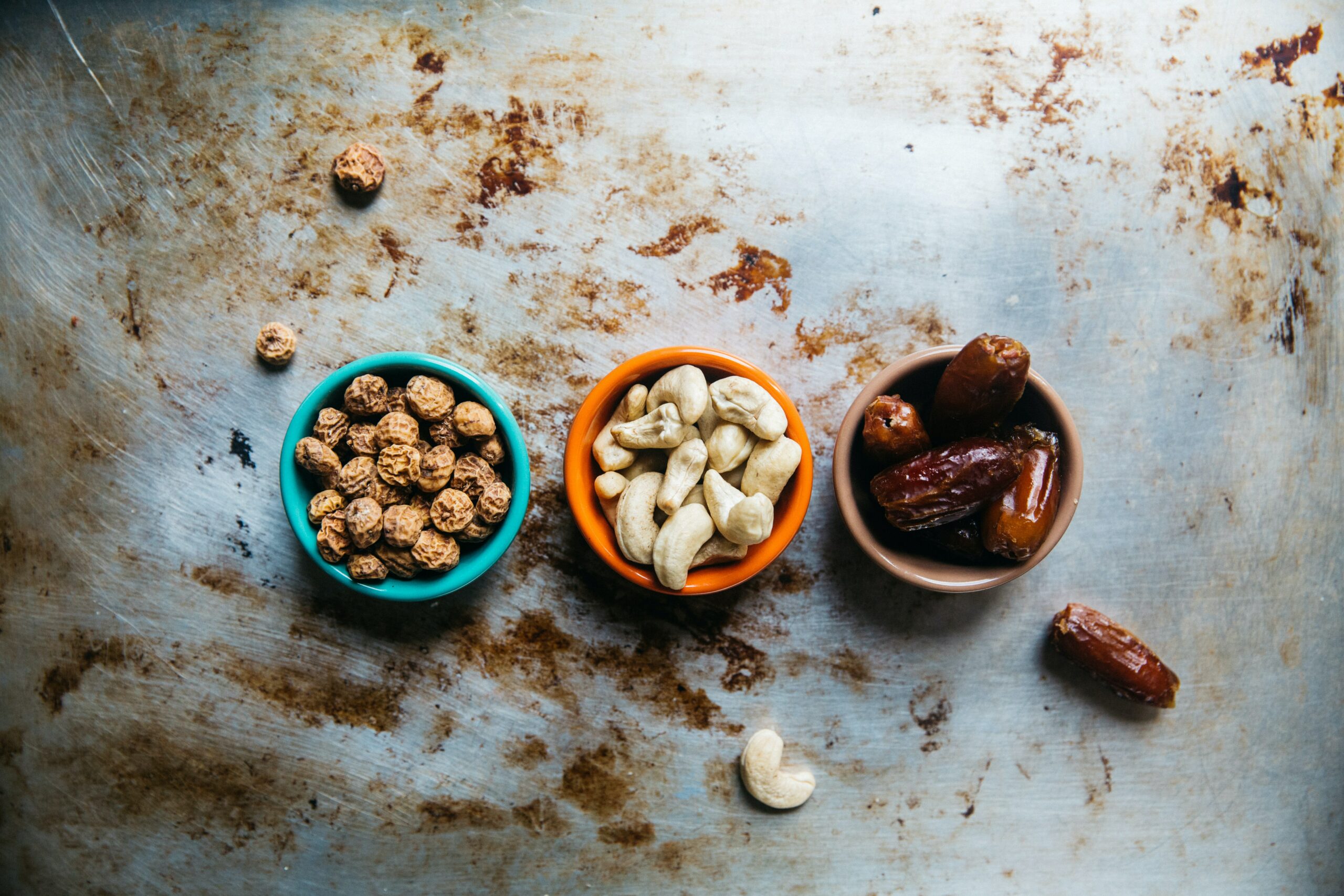Fat is one of the three macronutrients that make up the human diet. Sometimes fat gets a bad rap because it has more calories per gram than either protein or carbs (9 calories as opposed to 4 for both protein and carbs). Not all fats are created equal in terms of how good for you they are though.
Unsaturated Fats
Unsaturated fats are pretty easy to identify. They’re the ones that are liquid at room temperature. These types of fats offer multiple health benefits (though they should still be consumed in moderation) such as improving blood cholesterol levels, stabilizing your heart rhythms, and helping with inflammation. Unsaturated fats include monounsaturated fats (found in nuts like almonds and pecans, pumpkin and sesame seeds, avocados, and olive, peanut, and canola oil) and polyunsaturated fats (found in flax seeds, walnuts, fish, and sunflower, soybean, corn, flaxseed, and canola oils). Omega-3 fatty acids are also a type of polyunsaturated fat.
Saturated Fats
Saturated fats are typically solid at room temperature. It’s generally considered less healthy than unsaturated fats. It’s not necessary to avoid them entirely, which is good considering that some healthy foods like nuts and chicken have small amounts of saturated fats. Coconut, coconut oil, palm oil, and palm kernel oil are also high in saturated fats. Ideally, you should consume no more than 7% of your calories from saturated fats. If you need to cut back, aim to replace your saturated fat intake with polyunsaturated fats rather than refined carbohydrates like pizza, cookies, dairy desserts, and fast food dishes. That will provide you with the greatest health benefits.
Trans Fats
If there’s one type of fat to avoid, it’s trans fats. Trans fats are created when liquid vegetable oils are heated along with hydrogen gas and a catalyst. This process makes partially hydrogenated oil more shelf stable and allows it to resist breaking down when repeatedly heated. That all sounds good, but trans fats also raise bad cholesterol and lower good cholesterol, lead to inflammation, increase your risk of coronary heart disease, and may increase your risk of insulin resistance.
While some people like to villanize fat, it’s an essential part of a healthy, balanced diet. Look at food labels, which will tell you the total fat, saturated fat, and trans fat content in the item. By learning to read food labels and understand what they mean, you empower yourself to make better choices about the foods you eat.Are you interested in having The Nauvoo cater your event? Do you have questions about our menu or anything else relating to us? Click here to get in touch with us!





